Your cart is currently empty!
Tag: PestManagement
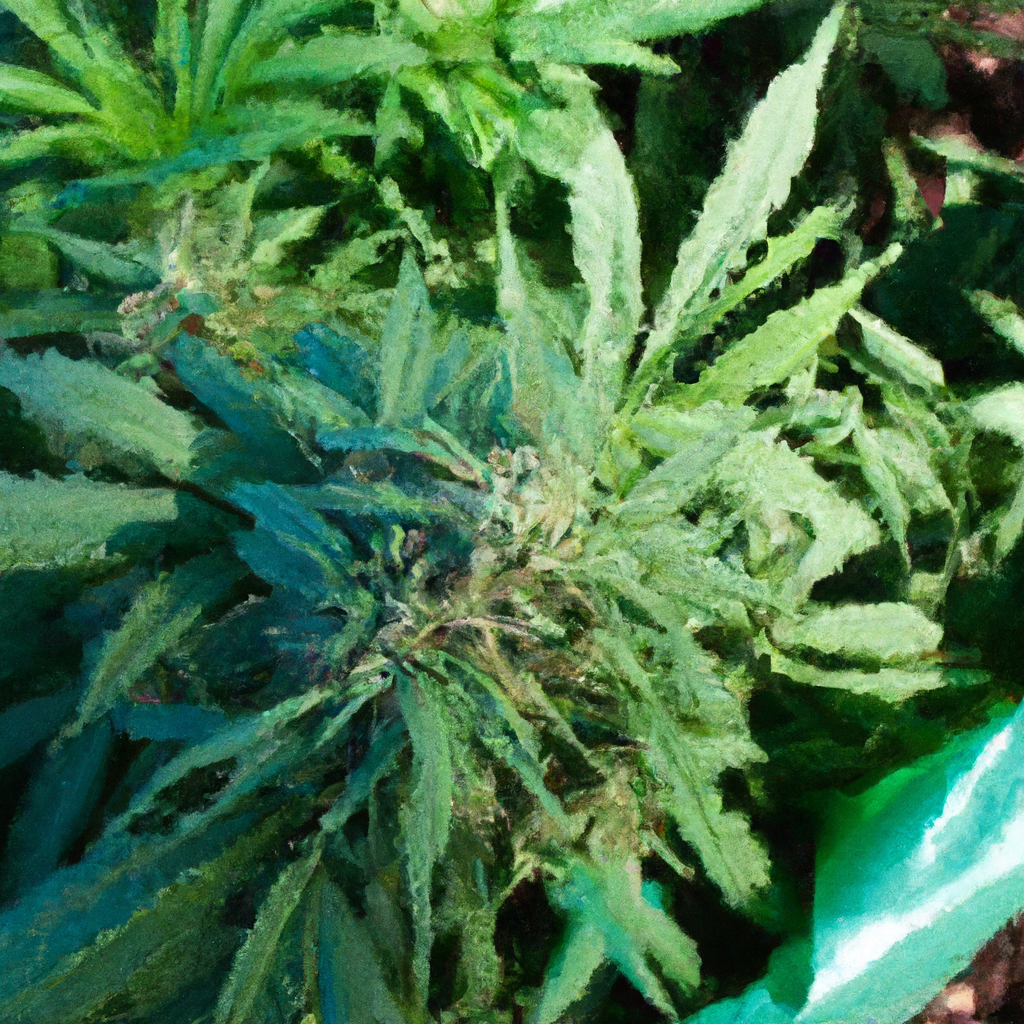
Organic cannabis cultivation emphasizes environmental sustainability and health by utilizing natural fertilizers, composting, and integrated pest management. This approach not only benefits the environment but also enhances flavor and effects for consumers. Key practices include enriching soil with compost and cover crops, using natural fertilizers like compost tea and seaweed extracts, and implementing organic pest…
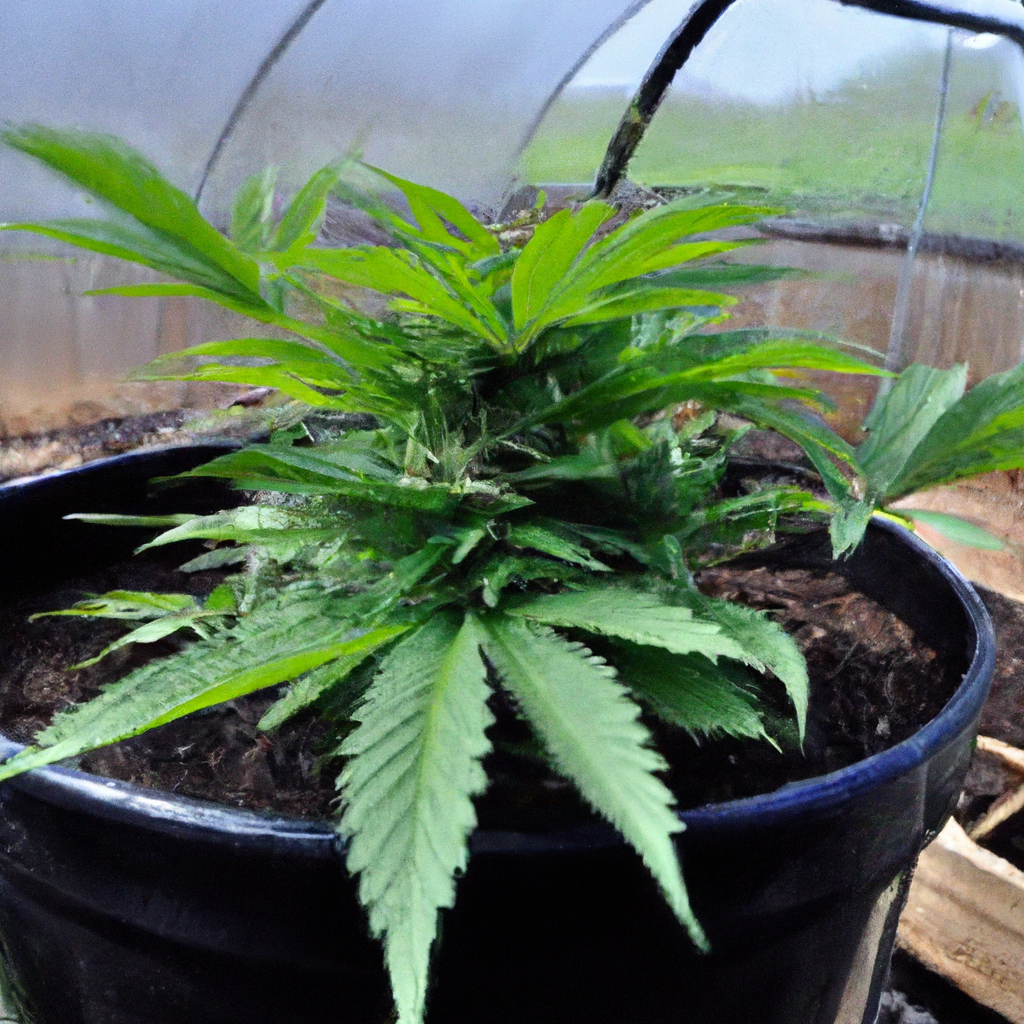
Organic cannabis cultivation offers a sustainable approach that benefits both the environment and consumers by reducing chemical use and enhancing plant quality. Key practices include building healthy soil ecosystems with compost, crop rotation, and cover crops; utilizing natural fertilizers like fish emulsion and bone meal; and managing pests with beneficial insects and companion planting. These…
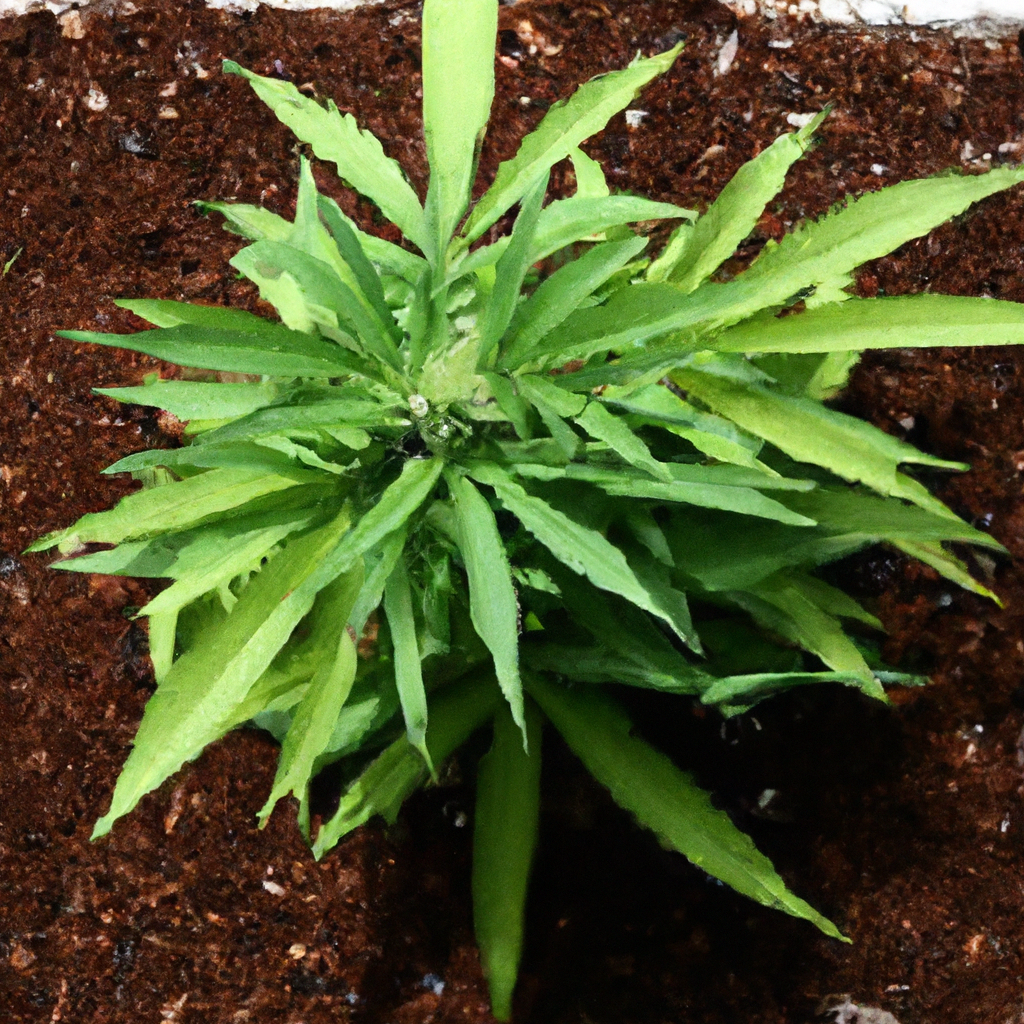
Embracing organic cannabis cultivation is a commitment to creating a sustainable and healthier future. By utilizing natural fertilizers like compost and fish emulsion, cultivators enhance soil health while fostering a robust garden ecosystem. Integrated Pest Management techniques, including companion planting and the use of beneficial insects, offer effective, eco-friendly pest solutions. Adopting sustainable practices such…
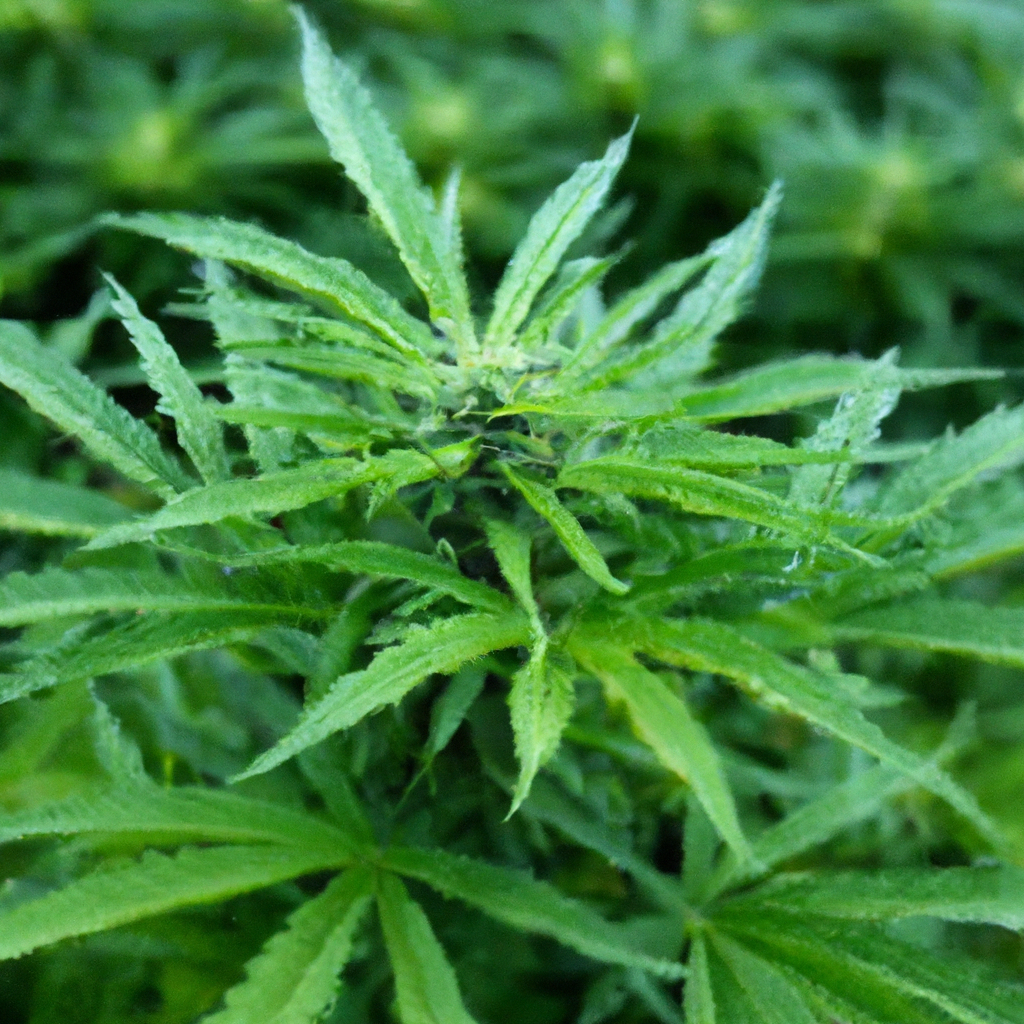
Organic cannabis cultivation promotes a balanced ecosystem, enhancing plant health and environmental sustainability. This approach focuses on nurturing healthy soil with compost and cover crops, using natural fertilizers such as worm castings and fish emulsion, and employing eco-friendly pest control like beneficial insects and neem oil. The benefits extend to environmental sustainability, consumer safety, and…
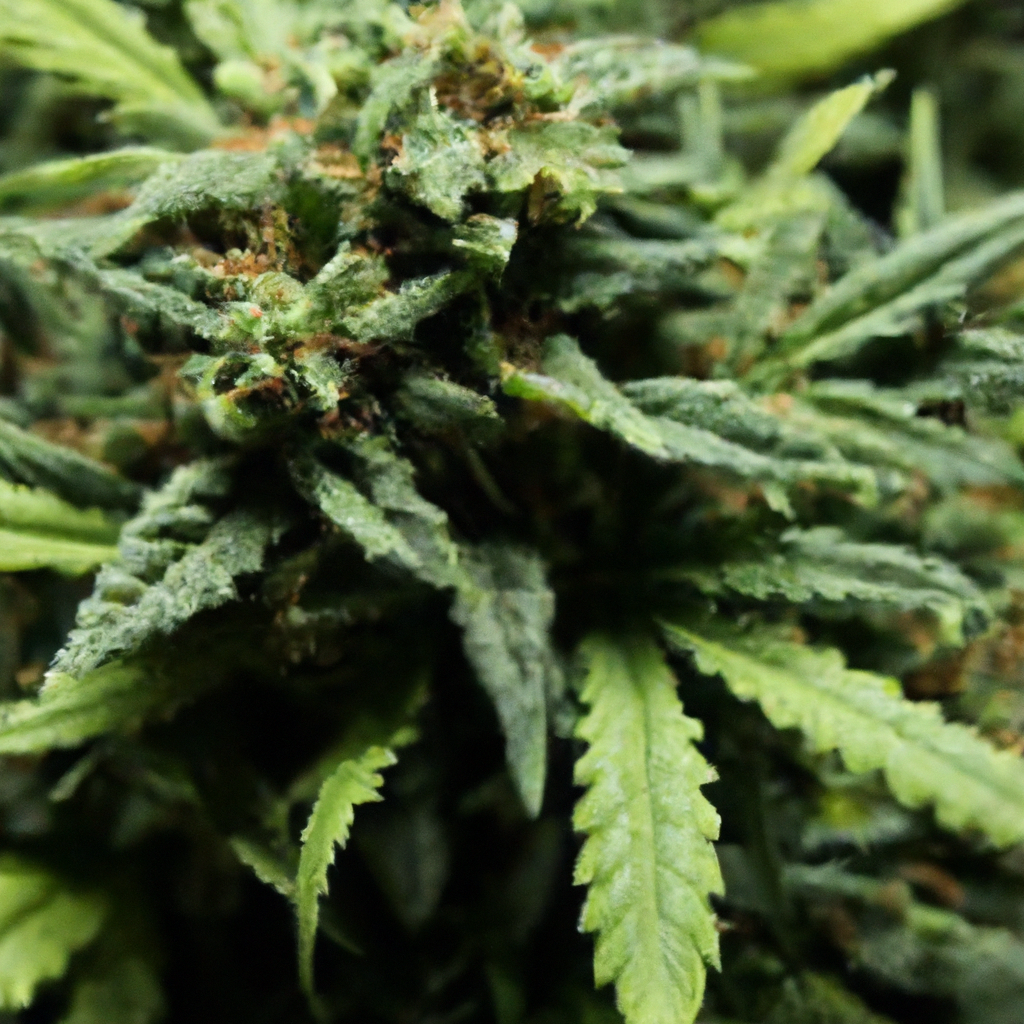
Growing cannabis presents various challenges, making troubleshooting essential for successful cultivation. Identifying nutrient deficiencies like nitrogen, phosphorus, and potassium is crucial, with specific solutions such as adjusting pH levels and using nutrient-rich additives. Effective pest management through natural predators and environmental controls ensures healthy plants. Environmental consistency, addressing temperature and humidity fluctuations, and optimizing water…
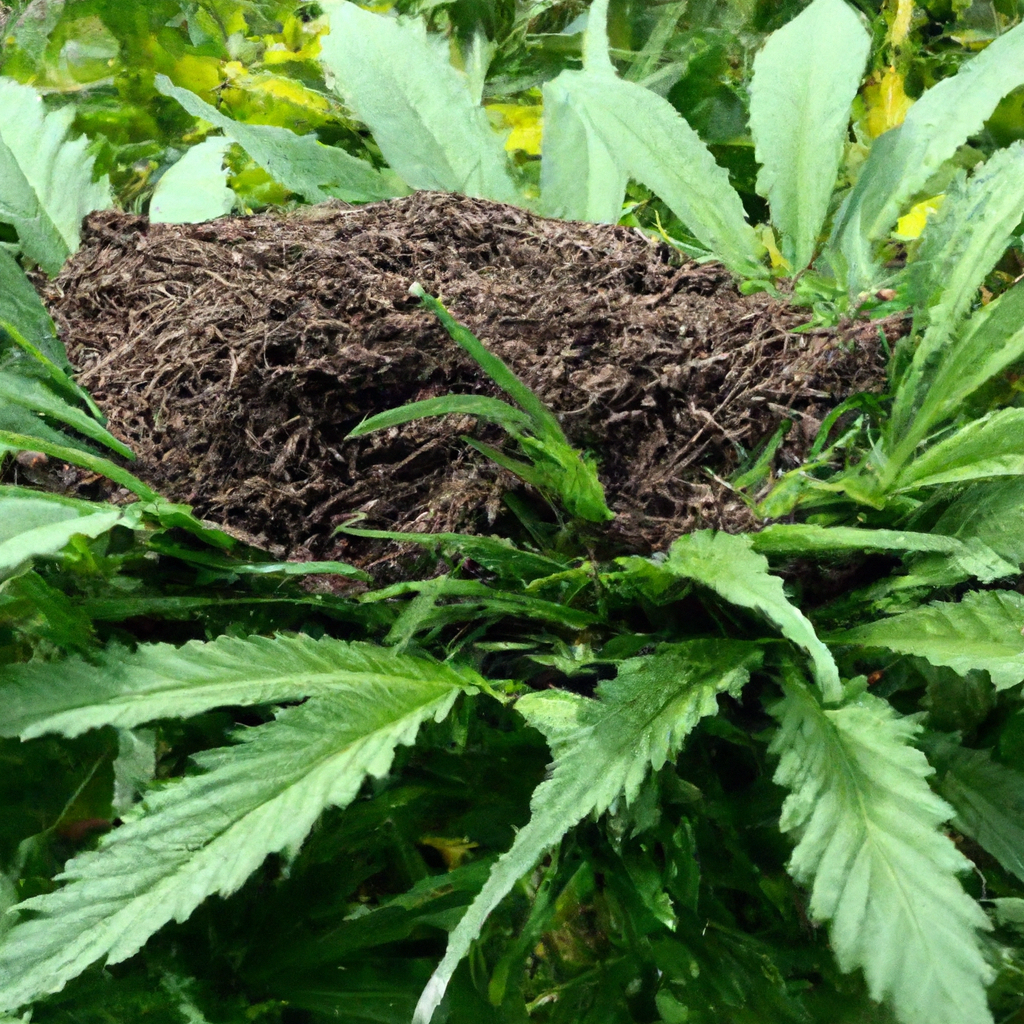
Embracing organic cultivation methods for cannabis enhances both environmental health and product quality. This guide highlights the importance of building robust soil ecosystems through compost, cover crops, and microbial diversity. It advocates using natural fertilizers like fish emulsion, bone meal, and seaweed extract for healthy plant growth. Eco-friendly pest management strategies, including companion planting and…
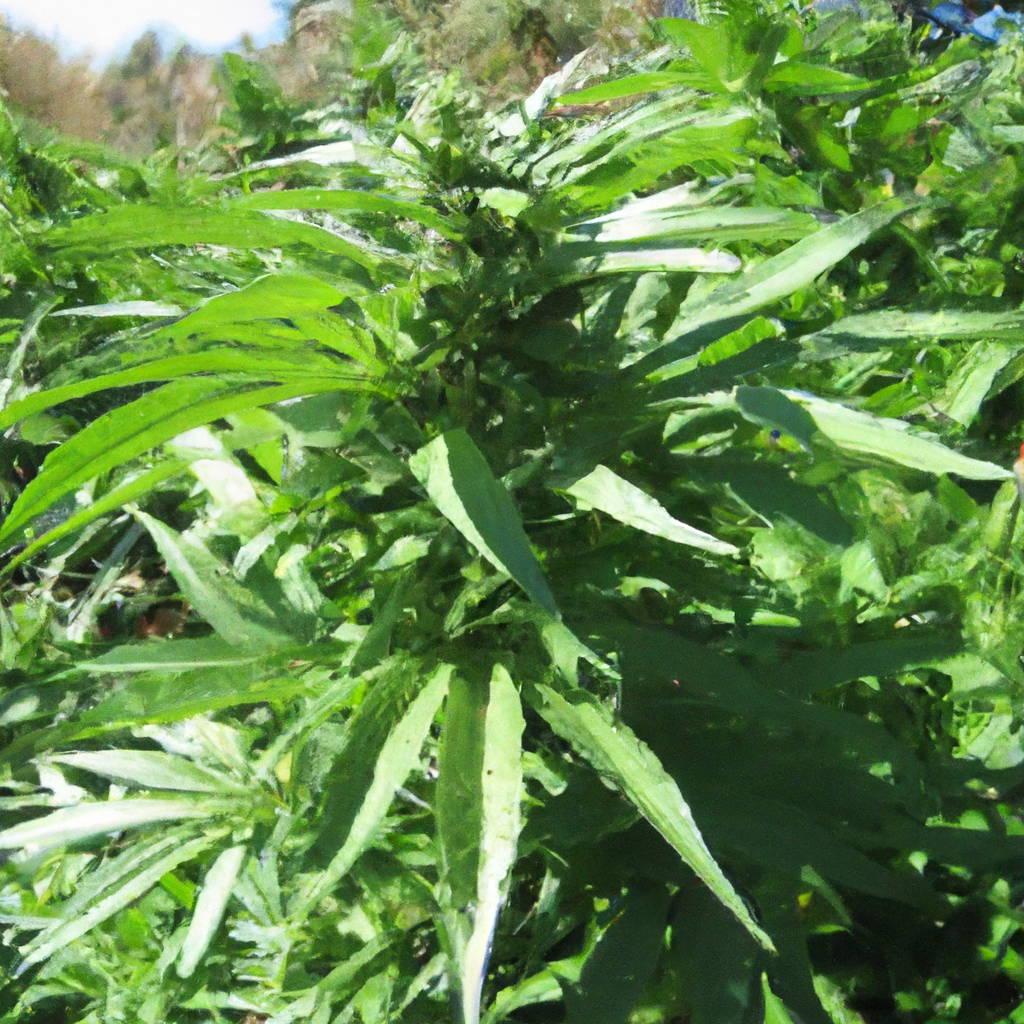
Organic cannabis cultivation is a commitment to quality and sustainability, harnessing nature’s power to nurture plants. This guide highlights best practices, including building healthy soil ecosystems through composting, mulching, and cover cropping. It emphasizes using natural fertilizers like fish emulsion and organic manures, and pest control methods such as companion planting and neem oil. The…
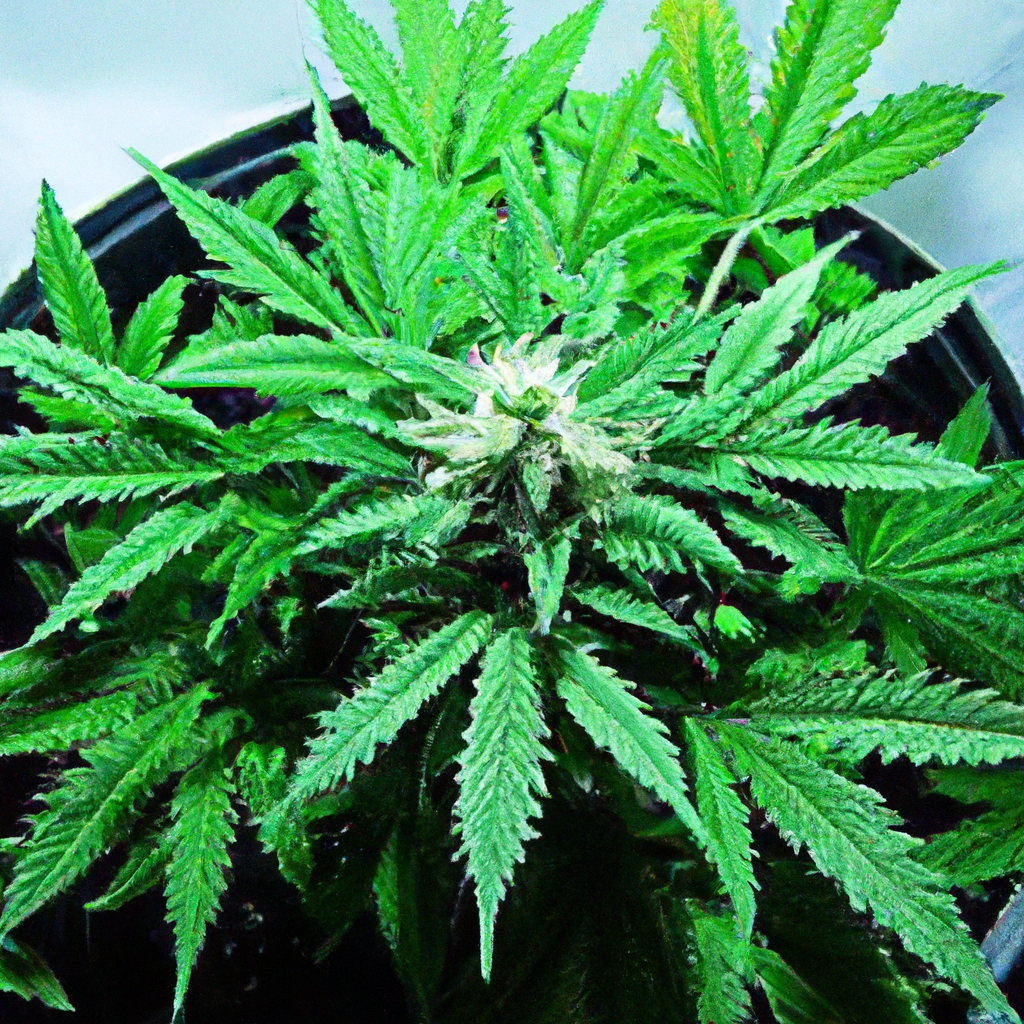
Growing cannabis at home can be a rewarding yet challenging hobby. Success hinges on understanding cultivation nuances, preparing your grow space, and refining your techniques. Start by selecting a suitable location, controlling the climate with fans and dehumidifiers, and utilizing LED lighting. For optimal growth, choose well-drained soil rich in organic matter and maintain water…

Growing cannabis can be rewarding but comes with challenges that require careful management. This article offers expert insights to help both beginner and experienced growers navigate these hurdles, focusing on selecting the right genetics for optimal plant traits, adapting strains to local climates, and managing light and temperature conditions. It also emphasizes the importance of…
Organic cannabis cultivation combines sustainability with high-quality yields by using natural methods that benefit crops and the environment. Key techniques include using natural fertilizers like compost and worm castings to enrich the soil, building healthy soil ecosystems through mulching and crop rotation, and employing organic pest control strategies such as companion planting and neem oil.…
